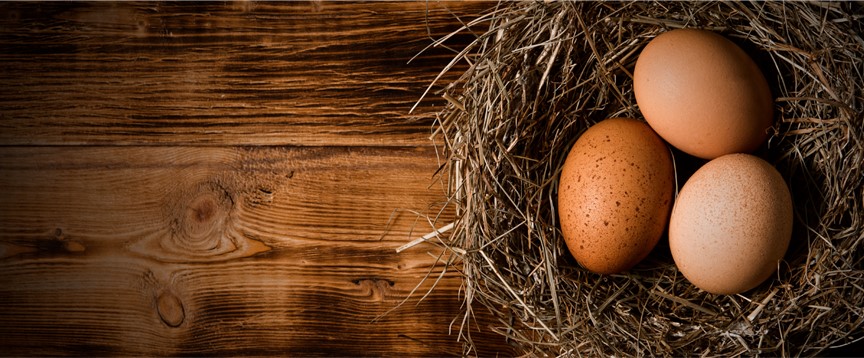
This week we feature guest author Phil Coolberth, Global Director for Cargo Signal. Cargo Signal offers global control and oversight of the location and condition of the products moving through your supply chain. Through active, real-time monitoring using advanced cargo sensors, Cargo Signal’s team of security and logistics professionals will keep an eye on your shipments and take steps to respond based on your priorities. Cargo Signal is a wholly-owned subsidiary of Expeditors International of Washington, Inc.
For two long years, I kept chickens in my backyard. The whole experience was fraught with issues, including my dogs constantly eyeing the chickens as a tasty snack. However, I learned the real threat came from the snakes stealing our delicious eggs. Snakes like eggs because they are an easier meal than the mobile rodents that would otherwise be on the menu.
I was recently talking to a fashion design house that has incurred significant losses in the process of getting their handbags and runway dresses to press events all over the world. The worry and care they have for their products reminded me of the feeling I had experienced back when my eggs were being stolen, however this company had lost hundreds of thousands of dollars’ worth of product. What’s worse, this theft was primarily happening at the major international airports that were a necessary part of their operations in order to meet their transit requirements.
Which reminds me of a quote. In 1921, Italian Army General Giulio Douhet observed, "It is easier and more effective to destroy the enemy's aerial power by destroying his nests and eggs on the ground than to hunt his flying birds in the air." Douhet's observation, like most great insights, is relevant well beyond the original circumstances that inspired it. In an industry where the Federal Bureau of Investigation estimates the cost of cargo theft losses nationwide range from $3.5 billion to $10 billion per year, Douhet's metaphor highlights the vulnerability of cargo at rest. The cargo is the defenseless egg, and while resting, it becomes an easier target for snakes.
I made my security solution recommendation to them with my egg analogy in mind:
|
Protecting Eggs |
Protecting Cargo |
|
Reinforce the chicken coop with fencing |
Only move cargo through secure facilities |
|
Keep Guinea Fowl to hunt snakes |
Advocate for stringent cargo theft laws |
|
Place ceramic eggs in nests |
Place covert sensors in cargo |
For this fashion house, their biggest risk was the airport ground handling facilities, which by their very nature are vulnerable operations due to their labor-intensive services. One organization trying to “reinforce the chicken coop” of their own airport cargo handling facilities would end up spending millions on the project, while also inadvertently benefitting their competitors that move through the same facilities.
Keeping Guinea Fowl seemed like an effective offense, but adding another type of animal into my backyard created a host of other issues I didn’t want to contend with. Similarly, going on the offensive and advocating for new cargo theft laws may lead to increased arrests, but could introduce other unwanted factors related to lobbying and government relations. The timeframe for this to be effective would likely be much longer than your organization desires and is not a direct mitigation tactic for your cargo specifically.
That leads us to ceramic eggs, which are used as a decoy egg, which ultimately leads to the demise of the snake when ingested. Placing a label-like sensor in your cargo is about as cheap and easy as picking up some ceramic eggs and putting them in your nest and was the solution we recommended and implemented.
Shortly after Cargo Signal began working with the fashion brand, our analysts received an alert from the cargo only minutes after landing at a European International Airport. Analysts were able to alert airport police who quickly investigated and were able to synchronize the camera systems with the tarmac coverage to identify the cargo thieves.
A simple coordinated action aided by technology was able to identify who, how, where, and when the packages were being intercepted. In the end, the “snakes” were captured through the use of best-in-class technology, a 24/7 Command Center monitored by logisticians and security professionals, and well-coordinated relationships throughout the supply chain. I think Douhet would approve.



